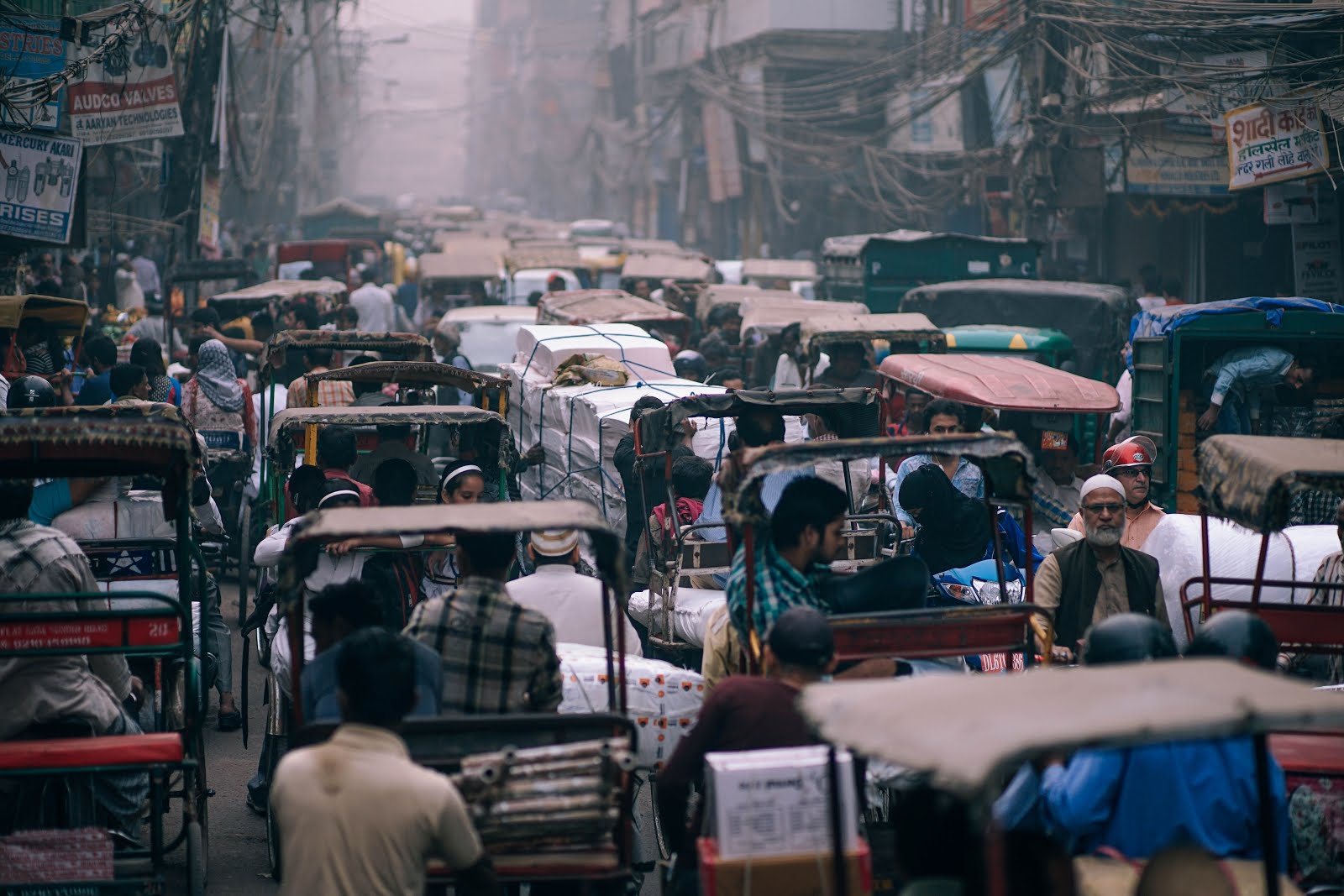While some in the UK come to grips with the issue of passport colour as it relates to national identity, in India, a country which still relies heavily on a caste system, people are grappling with colour as an economic indicator. The passport is an important document for identification purposes and changes have recently been made to modernise and update this document. The Indian Ministry of External Affairs has announced that the last page of the passport, which includes the the proof of address requirement and other details like parents’ names and the holder’s Emigration Check Required (‘ECR’) category, would no longer be printed.
Migrant workers singled out
In India, there exists an official, white passport for those travelling abroad for government work, a maroon passport for those engaged in diplomatic functions as emissaries of the government of India, and the regular, navy blue passport for the ordinary citizen, not engaged in any official activity of the Indian government. Going forward, there will be two types of passports for non-diplomatic, non-governmental citizens as persons who qualify for the ECR category will now be issued an orange passport instead as an identifier.
ECR persons tend to be less educated, unskilled, manual workers and migrant labourers who travel to countries in the region that in the market for inexpensive labour. As per the Emigration Act 1983, ECR categories of Indian passport holders are required to obtain emigration clearance from the office of Protector of Emigrants (POE) of the Ministry of Overseas Indian Affairs for travel to certain countries including the United Arab Emirates, The Kingdom of Saudi Arabia, Qatar, Oman, Kuwait, Bahrain. It has been suggested that this shows an unhealthy urge on the part of the government to classify and reclassify its citizens into boxes that are purely discriminatory. The new policy does not add any apparent benefit to the passport holder but instead signals them out as other and exposes India’s poor migrant workers, looking for seasonal employment in the Gulf to an even more cut-throat and abusive international labour circuit.
Socio-economic stratification
It has been suggested that the change is tantamount to discrimination between citizens on the basis of their educational qualifications and economic background. In most countries, citizens engaged in non-governmental, non-diplomatic activities are not sorted on the basis of their class and qualifications. This change amounts to an official stratification of Indian society. Previously, the navy blue passport identified all holders as equal citizens of the Republic of India. Now, the introduction of the orange suggests that some citizens are regarded as more equal than others. The informal economic and socio-cultural segregation has been given an official stamp.
Those who fall within the ECR category already often suffer abuse and hardship in the countries to which they migrate for work and it is feared that the orange passport holder will now also be subject to discriminatory behaviour in their own country. The new orange passport would flag the holder as a “second-class citizen” which is liable to set off a chain of discrimination in handling, maintenance, consular access, and other official matters.




